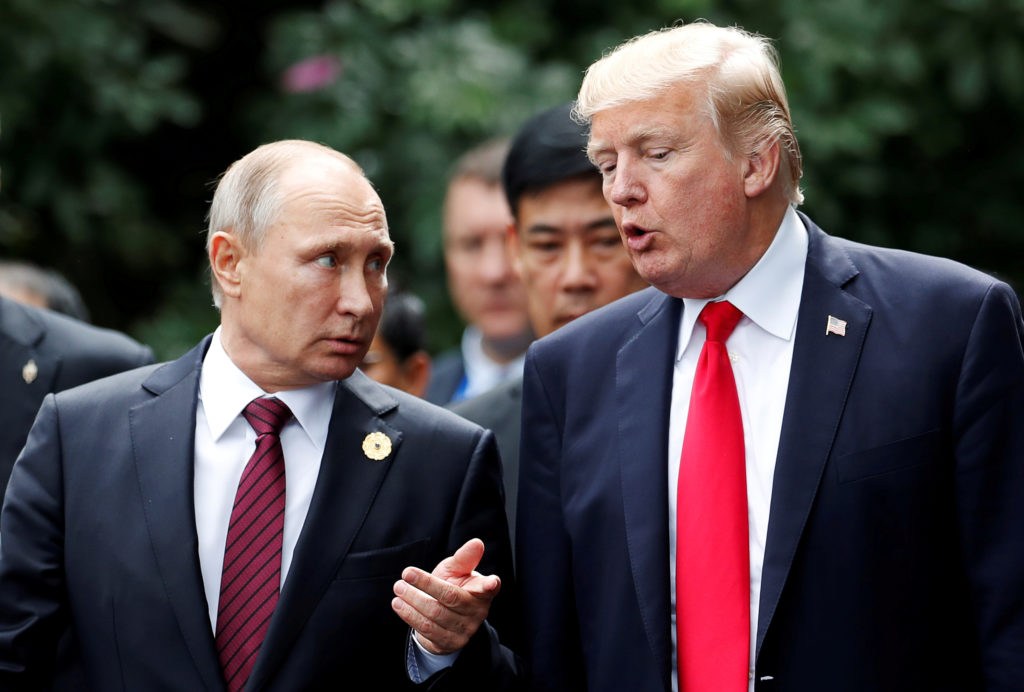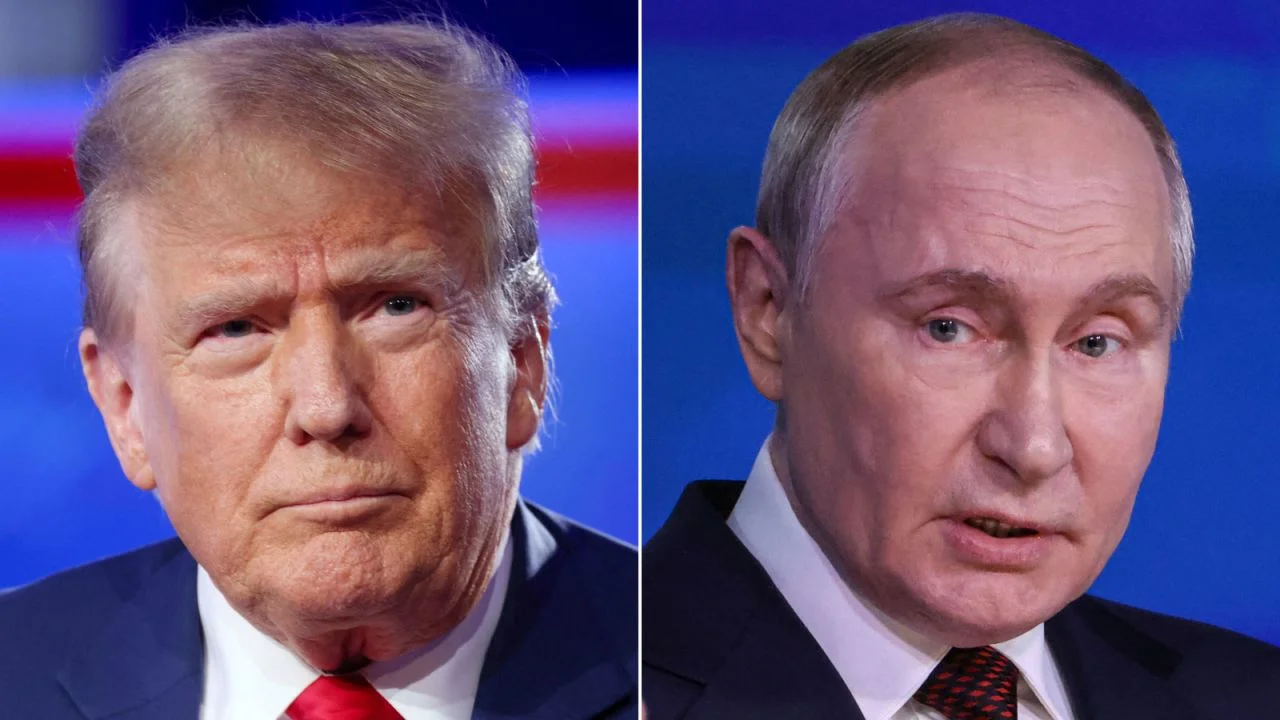U.S. President Donald Trump is reportedly considering holding direct talks with Russian President Vladimir Putin as early as next week, according to a senior administration official. The potential meeting comes amid rising pressure on Moscow to end its war in Ukraine, and ahead of a fresh round of U.S. secondary sanctions expected to be rolled out on Friday.
If confirmed, the meeting would mark the first face-to-face interaction between a sitting U.S. president and Putinsince President Joe Biden met the Russian leader in Geneva in June 2021, just months before Russia launched its full-scale invasion of Ukraine.
Trump Eyes Trilateral Talks with Putin and Zelensky
According to The New York Times, Trump informed European leaders during a recent call that he intends to first meet with Putin, and then hold a trilateral summit involving Ukrainian President Volodymyr Zelensky.
White House Press Secretary Karoline Leavitt confirmed, “The Russians expressed their desire to meet with President Trump, and the President is open to meeting with both President Putin and President Zelensky.”
The announcement follows a Wednesday meeting in Moscow between Putin and U.S. special envoy Steve Witkoff, which Trump later described as having made “great progress.”
Rising Sanctions and Mounting Frustration
Trump has grown increasingly frustrated with the lack of progress toward a peace agreement, warning that unless Russia agrees to a ceasefire, it will face new and sweeping sanctions. The upcoming secondary sanctions are reportedly aimed at countries still trading with Moscow—particularly in oil and energy.

One immediate move includes an additional 25% tariff on Indian imports, citing New Delhi’s continued purchase of Russian oil. This measure pushes some tariffs on Indian goods up to 50%, making them among the highest faced by any U.S. trading partner.
While no similar action has been taken against China, the Kremlin has labeled such threats of economic penalties on third-party nations as “illegal” under international law.
Putin, Zelensky React to Peace Push
Kremlin aide Yuri Ushakov characterized the Witkoff-Putin meeting as “useful and constructive,” noting that both parties exchanged signals regarding Ukraine and discussed the possibility of long-term strategic cooperation between the U.S. and Russia.
Meanwhile, Zelensky expressed cautious optimism, stating in his nightly address, “It seems that Russia is now more inclined to a ceasefire. The pressure on them works. But the main thing is that they do not deceive us in the details – neither us nor the US.”
On social media platform X, Zelensky emphasized Ukraine’s unwavering demand for a just peace, reiterating that Kyiv would continue to defend its sovereignty.
Obstacles Remain Amid Heavy Airstrikes
Despite the diplomatic push, the violence continues. Russia has recently carried out its heaviest air assaults of the war, including strikes on Kyiv that killed at least 72 civilians. Trump condemned these attacks, calling them “disgusting.”
Ukraine, on its part, has intensified strikes on Russian oil refineries and depots, escalating the conflict.
Andriy Yermak, chief of staff to President Zelensky, stressed the need for a full ceasefire and leadership-level summitto bring the war to an end. “The war must stop and for now this is on Russia,” he posted on Telegram.
Kremlin Skepticism Over U.S. Ultimatum
Despite growing international pressure, sources close to the Kremlin told Reuters that Putin is unlikely to yield to Trump’s ultimatum, believing Russia holds a strategic advantage on the battlefield. They also noted that previous waves of sanctions have had limited impact on Russia’s economic and military strategy.
Reports from Bloomberg and The Bell suggest that the Kremlin may propose a mutual airstrike moratorium as a temporary measure, an idea previously floated by Belarusian President Alexander Lukashenko. While not a full ceasefire, it could represent a step toward reducing immediate hostilities.




